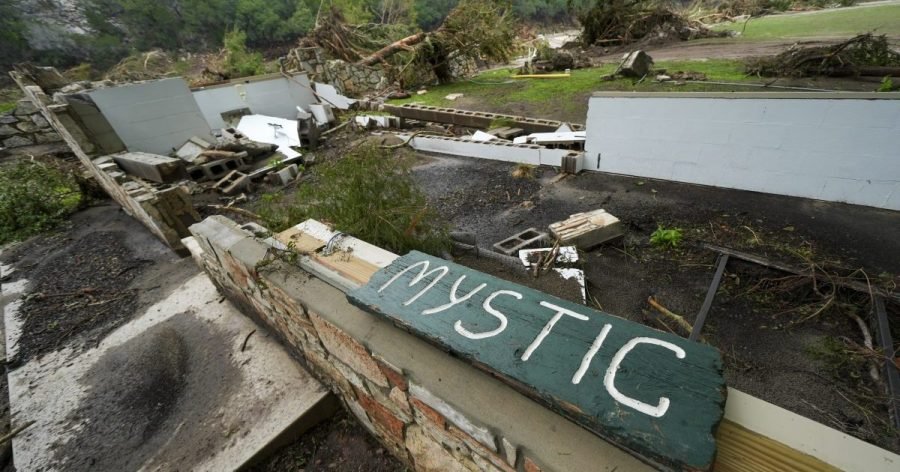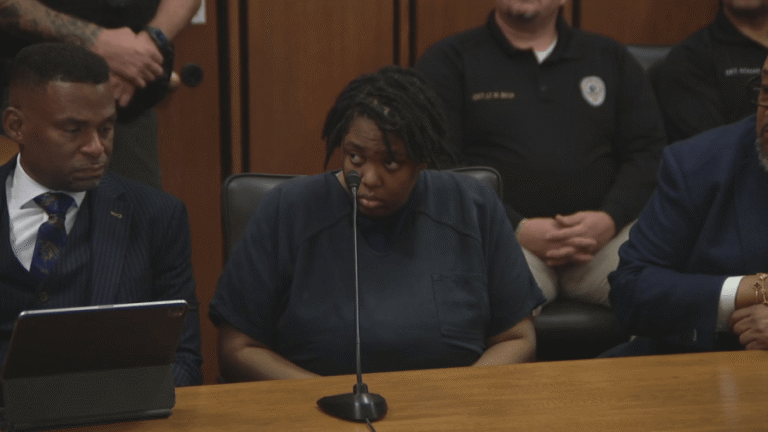
AUSTIN (KXAN) — Why did some camps evacuate during the July 4 Hill Country flooding while others, like Camp Mystic, didn’t? That’s a question University of Texas at Austin researchers are trying to answer.
Just as Gov. Greg Abbott is expected to sign a slate of bills related to camp safety and warning sirens, the University of Texas at Austin was just awarded a nearly $200,000 federal grant from the U.S. National Science Foundation to investigate decision-making during the recent floods, KXAN was first to report.
“What we’re trying to do could really, definitely, influence flash flooding all over the United States,” Dr. Keri Stephens said in an exclusive interview with KXAN. “We’re really optimistic that we’re going to be able to have some very influential findings that can save lives in the future.”
Stephens, a professor at the Moody College of Communication who has taught disaster and crisis communication for two decades, will be the leader researcher on the project.
“There were definitely some camps that evacuated. There were RV parks that told people to get to higher ground,” she said. “We’ll be doing a deep-dive into trying to see who all evacuated … We will all be looking at what it is that led people to decide to evacuate during the Hill Country floods? Was it a message they got that maybe was different from what they normally get?”

Stephens’ team plans to interview emergency management officials, along with people who evacuated and those who didn’t, to get a fuller picture of what happened and how future responses can be improved. Researchers will analyze any patterns in “communication effectiveness, infrastructure failure cascades, and decision making under uncertainty,” according to the proposal.
“The river experienced almost different floods. It was so extreme with fast-moving walls of water in some places and it was a little slower moving in other places,” said Stephens. “So the engineers will actually map what did the infrastructure look like along the river and did that play a role in people’s decision-making about evacuating?”
The findings are expected to be released next July, according to the proposal. Stephens said they could be made public as soon as next spring.
“This approach has never been considered,” she said. “By focusing on what worked … [it will] help us understand how to do better in the future.”
State lawmakers have heavily criticized the local response to the flooding. Last month, Rep. Drew Darby, R-San Angelo, said area camps “were not just wholly unprepared for this catastrophic event — they were wholly unprepared for any flooding event.”
“Being ill-equipped to handle a flood as a private citizen is one thing,” Darby added. “But, as a campground in charge of the lives of children — many of whom know nothing about the rivers or their dangers — is malpractice.”
Statewide, at least 135 people were killed during the floods, including 27 campers and counselors at Camp Mystic in Kerr County.


